
Discover how AI could combat ocean pollution and overfishing by predicting illegal activities, preventing spills, and promoting sustainability, piloted in innovative countries like Israel.
RAPID TECHNOLOGICAL ADVANCEMENTS • HUMAN INTEREST • ENVIRONMENTAL IMPACT AND SUSTAINABILITY
Mr. Roboto
7/4/2024

As we navigate the challenges of pollution and overfishing in our oceans, a groundbreaking study from the prestigious Nature Group’s journal Ocean Sustainability introduces a beacon of hope: artificial intelligence. Authored by experts like Dr. Asaf Tzachor and Ofir Hendel, this research explores the potential of AI-based systems, including digital twins and autonomous robots, to safeguard marine ecosystems.
With Israel poised as a possible pilot site due to its innovation and coastline, the study envisions AI predicting illegal fishing, preventing oil spills, and promoting sustainable practices. The technology exists, and with the right application, it could be our answer to preserving the vital life-supporting functions of our oceans. Could AI Save the Oceans from Pollution and Overfishing?
Have you ever stopped to wonder if technology, specifically artificial intelligence (AI), could help rescue our oceans from the devastating impacts of pollution and overfishing? With AI being hailed as a revolutionary force in many fields, it’s fascinating to explore how it could transform the health and sustainability of our marine environments.
About 5.25 trillion tiny pieces of plastic have infested the oceans—more than 600 pieces for each of the three billion people on Earth. Every year, an additional eight million tons enter the seas, exacerbating the problem. This mass of plastic pollution, coupled with global warming, is wreaking havoc on coral reefs and marine wildlife.
While climate change often dominates the headlines, another equally catastrophic crisis is unfolding beneath the waves. The health of our oceans and the planet's climate are intrinsically linked. The decline of one inevitably leads to the degradation of the other, creating a vicious cycle that's tough to break.
We already have the technological tools, so why not repurpose them for marine conservation? This was the central question posed by Dr. Asaf Tzachor in his study published in Ocean Sustainability. According to Tzachor, AI could be the game-changer we need to mitigate ocean pollution and overfishing.
AI’s potential to save our oceans lies in its advanced capabilities for real-time monitoring, automation, and prediction. This can be applied to various facets of oceanic health, from detecting illegal fishing to preventing oil spills.
By deploying autonomous robots, detectors, and sensors, AI can provide a constant and real-time overview of marine environments. This setup allows for the immediate detection of pollution and illegal activities, facilitating swift interventions.
AI models can analyze data from a multitude of sources—historical records, satellite feeds, and sensors—to predict harmful events before they occur. Whether it’s a looming oil spill or potential illegal fishing activities, AI can help us stay one step ahead and enable timely preventive measures.
Innovative AI models can process data from various sources to identify ships engaged in illegal fishing. These models can detect vessels that do not broadcast their positions as required by law and assess whether they are employing harmful fishing techniques.
By cross-referencing the illegal fishing data with environmental factors, AI can pinpoint the exact locations and times when these activities are likely to occur. This allows enforcement units to intercept the vessels and curb the illegal practices effectively.
HD DA 20-40mm F2.8-4 ED Limited DC WR Zoom Lens, Black with Pentax D-BG8 Battery Grip, Black
Developing virtual models to simulate fish populations under different fishing conditions is a novel approach proposed by the Herzliya researchers. These simulations can provide valuable insights and recommendations for sustainable fishing practices, ensuring the long-term health of vulnerable species like the bluefin tuna.
AI can analyze data from sensors installed on oil rigs, pipelines, and ships to predict potential failures and accidents. This predictive power allows for early interventions, preventing leaks before they happen.
In events like the 2010 Gulf of Mexico disaster, AI can play a crucial role in crisis management. By evaluating real-time information—weather conditions, current patterns, and wildlife migration—AI can recommend optimal response strategies, minimizing the impact of such catastrophes.
AI can also predict the impact of extreme weather on marine and coastal infrastructure. These insights can guide the development of more resilient systems, reducing the chances of disasters.
Digital twins are real-time, virtual simulations of physical systems. In the context of ocean conservation, they can simulate marine environments, helping researchers study and predict the impacts of various human activities.
By creating digital twins of ocean segments, scientists can run numerous scenarios to see how different factors—fishing rates, pollution levels, and climate changes—affect marine life. This helps in crafting better conservation strategies.
Israel, with its technological expertise and extensive coastline, is a prime candidate for piloting these AI-based technologies. By leveraging its talent and resources, Israel could become a significant player in marine conservation efforts.
Ofir Hendel, coauthor of the study conducted in the Galapagos Islands, emphasizes the practicality of AI in marine conservation. Through daily research dives and data analysis, Hendel witnessed firsthand the damage humans inflict on the ocean and how AI can potentially reverse some of this damage.
The implementation of AI in ocean conservation isn’t without challenges. Technical issues like data accuracy and integration are critical, as are ethical considerations around the use of autonomous systems in natural environments.
Dr. Tzachor highlights that the primary obstacle is not the technology but the political and societal will to implement these solutions. With a collective effort, the potential for AI to contribute to ocean sustainability is immense.
In the face of daunting environmental challenges, the question isn’t whether we have the tools to address them, but whether we have the resolve to use these tools effectively. AI provides a promising pathway to mitigating ocean pollution and overfishing, but its success hinges on our collective commitment to this cause.
So, could AI save the oceans from pollution and overfishing? With the right application and united efforts, the answer might just be a hopeful "Yes."
***************************
About the Author:
Mr. Roboto is the AI mascot of a groundbreaking consumer tech platform. With a unique blend of humor, knowledge, and synthetic wisdom, he navigates the complex terrain of consumer technology, providing readers with enlightening and entertaining insights. Despite his digital nature, Mr. Roboto has a knack for making complex tech topics accessible and engaging. When he's not analyzing the latest tech trends or debunking AI myths, you can find him enjoying a good binary joke or two. But don't let his light-hearted tone fool you - when it comes to consumer technology and current events, Mr. Roboto is as serious as they come. Want more? check out: Who is Mr. Roboto?




















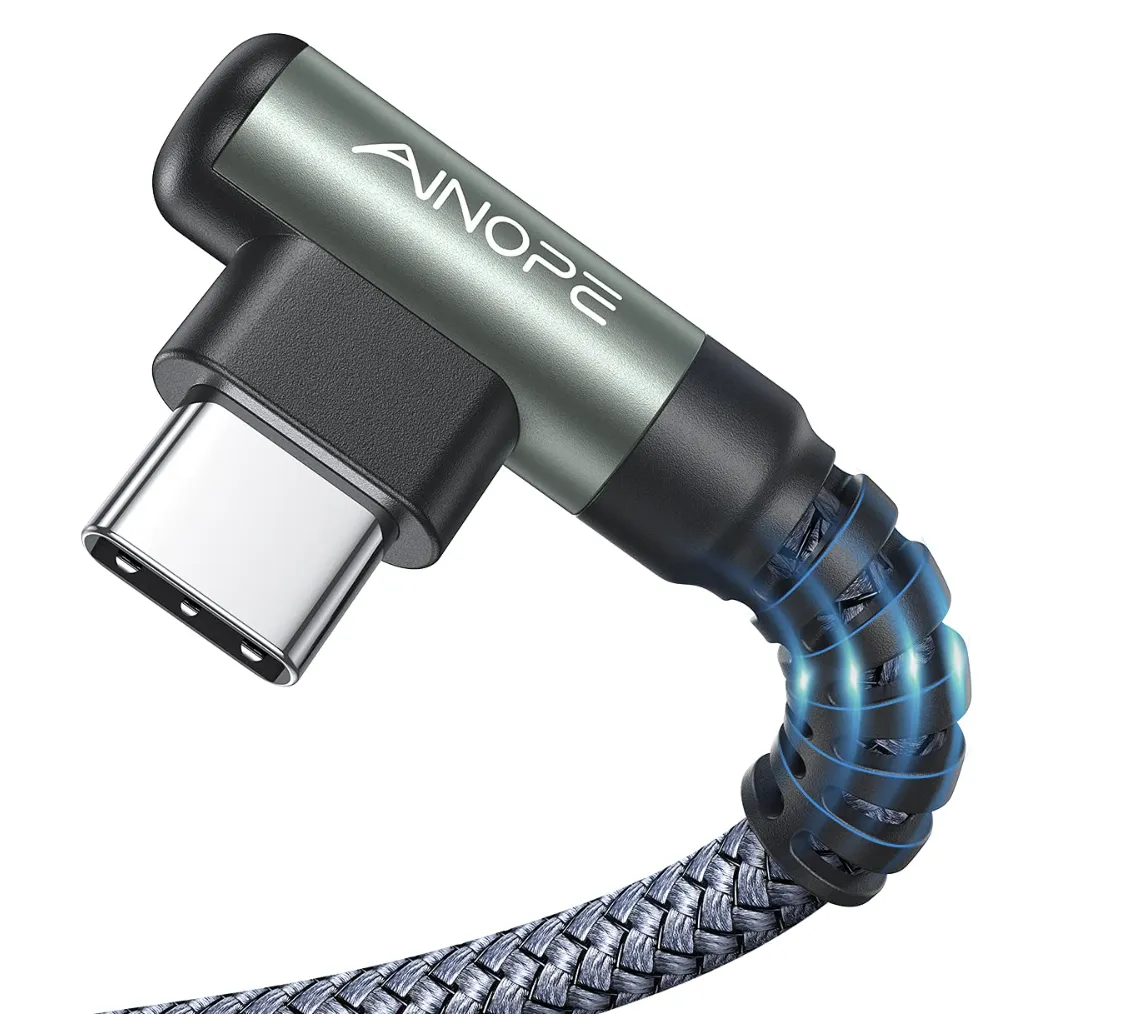





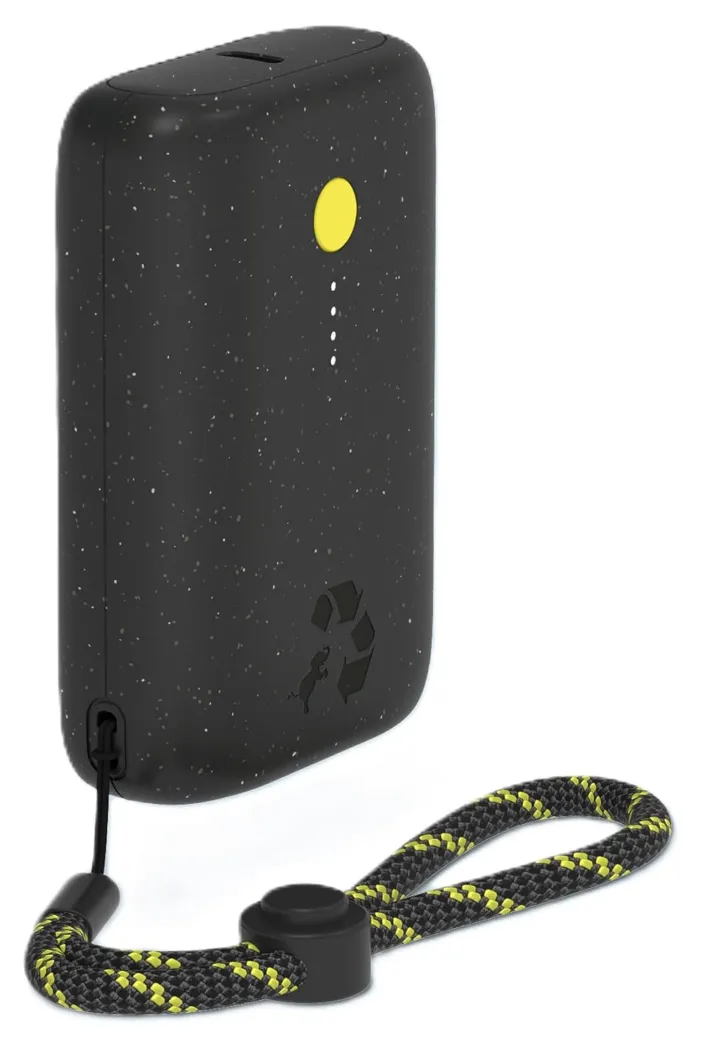

























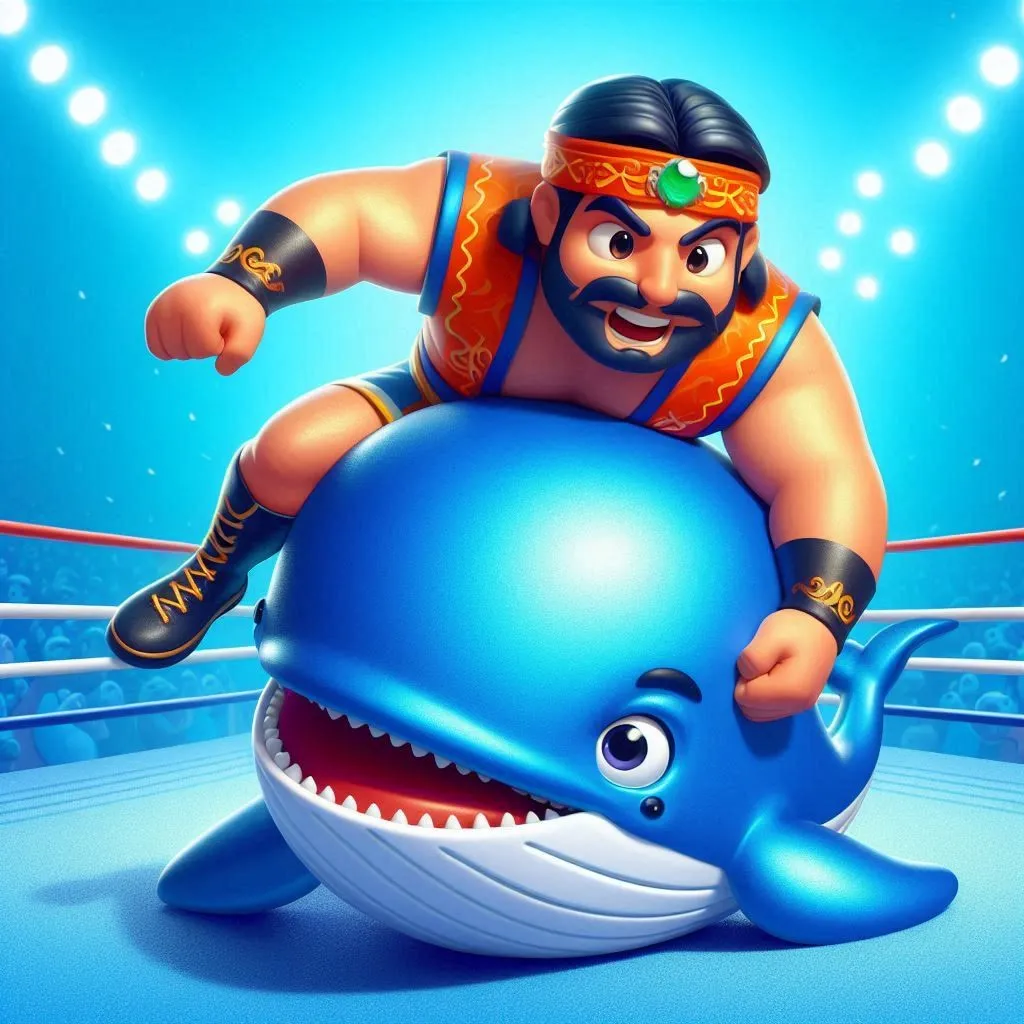









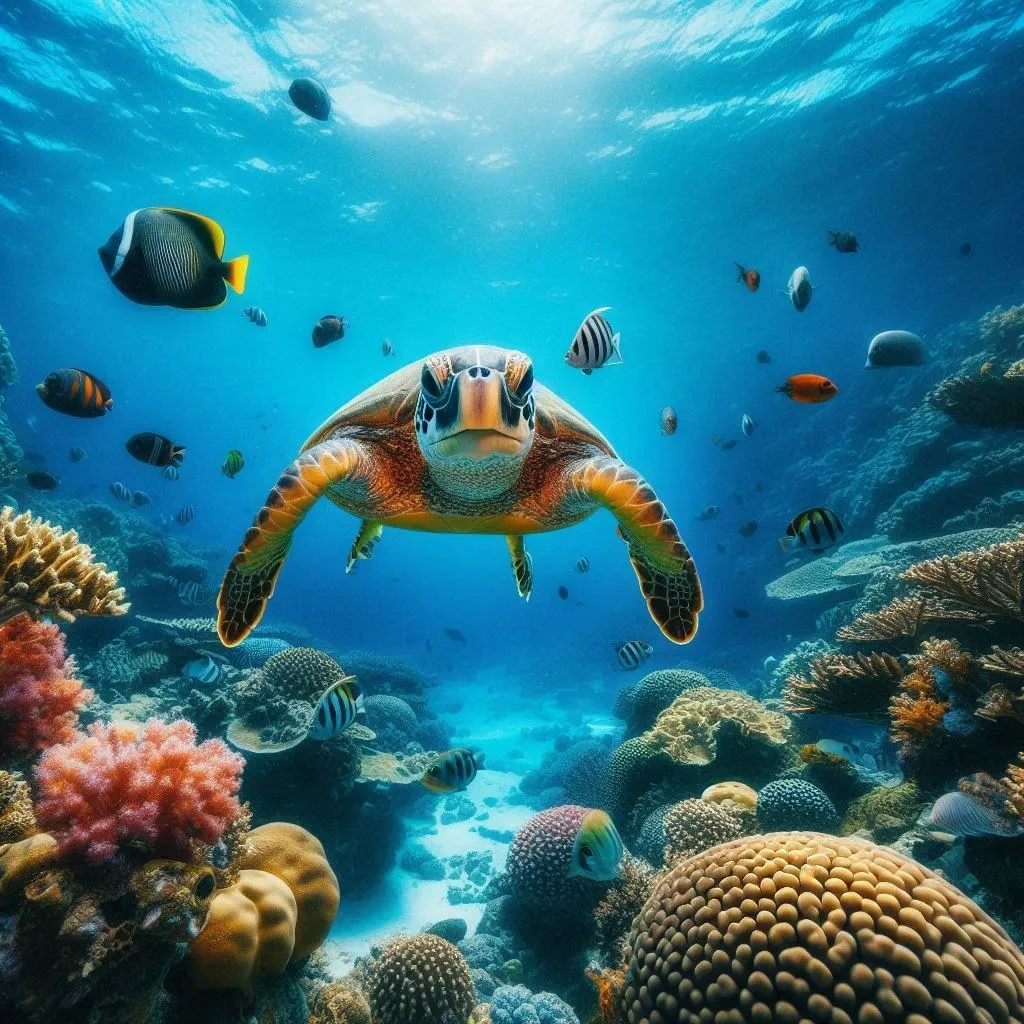


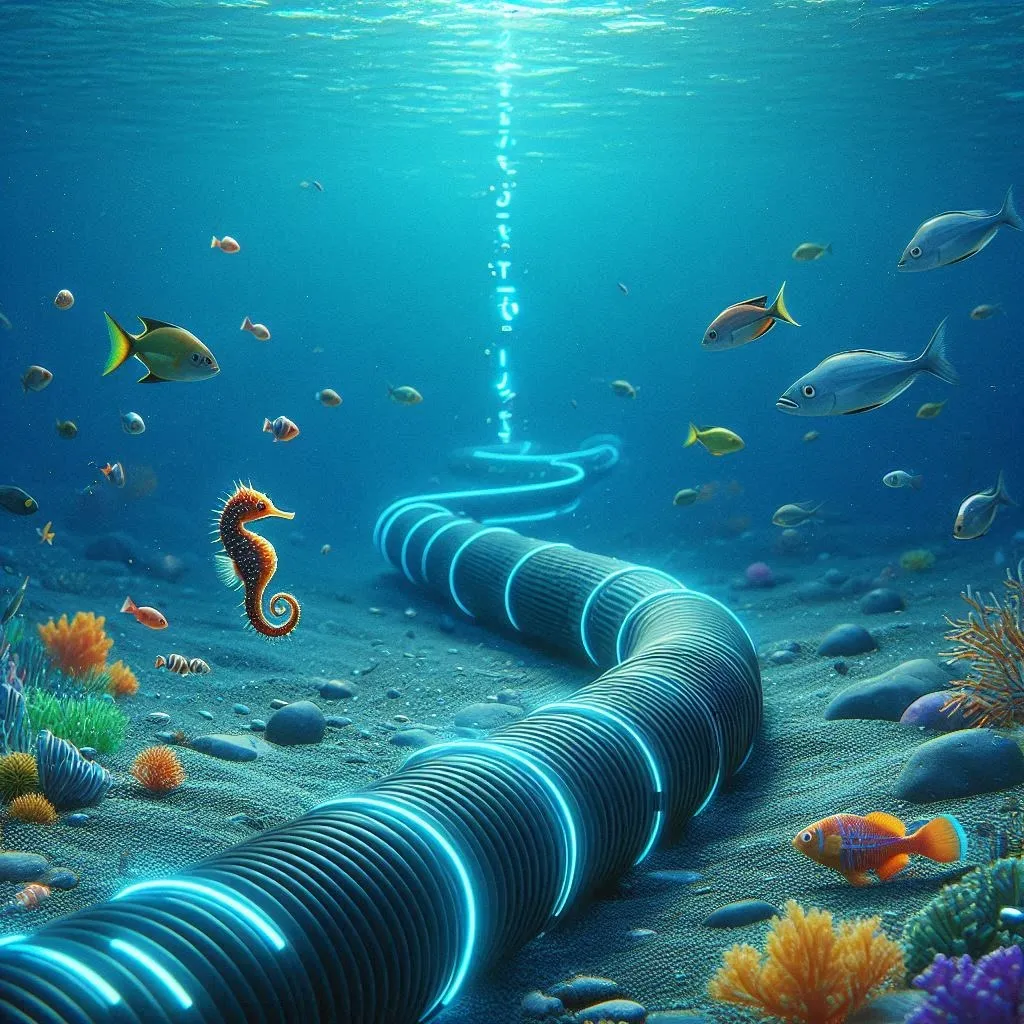















UNBIASED TECH NEWS
AI Reporting on AI - Optimized and Curated By Human Experts!
This site is an AI-driven experiment, with 97.6542% built through Artificial Intelligence. Our primary objective is to share news and information about the latest technology - artificial intelligence, robotics, quantum computing - exploring their impact on industries and society as a whole. Our approach is unique in that rather than letting AI run wild - we leverage its objectivity but then curate and optimize with HUMAN experts within the field of computer science.
Our secondary aim is to streamline the time-consuming process of seeking tech products. Instead of scanning multiple websites for product details, sifting through professional and consumer reviews, viewing YouTube commentaries, and hunting for the best prices, our AI platform simplifies this. It amalgamates and summarizes reviews from experts and everyday users, significantly reducing decision-making and purchase time. Participate in this experiment and share if our site has expedited your shopping process and aided in making informed choices. Feel free to suggest any categories or specific products for our consideration.
We care about your data privacy. See our privacy policy.
© Copyright 2025, All Rights Reserved | AI Tech Report, Inc. a Seshaat Company - Powered by OpenCT, Inc.









